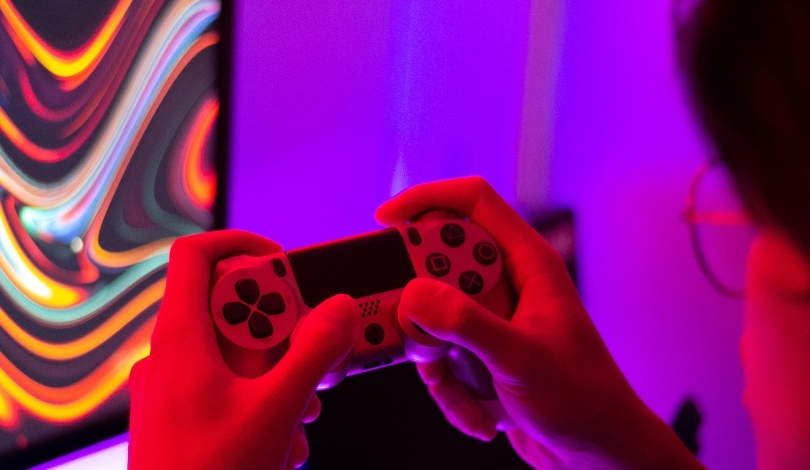The increasing influence of generative AI in gaming has sparked debates within the tabletop community, highlighting differing perspectives within industry leaders. Foundry, a virtual tabletop software, stands firmly against AI integration, as its creator Andrew Clayton voices strong opposition to its use, citing ethical concerns. Meanwhile, Hasbro’s CEO, Chris Cocks, advocates for AI adoption, underscoring the contrasting approaches within the tabletop gaming realm. These conflicting viewpoints offer insight into the ongoing tension surrounding AI in creative industries.
Over recent years, AI technology has become more prevalent in gaming, with companies exploring its potential in narrative and graphics development. Hasbro has shown interest in AI, considering it a tool to enhance creativity in games like Dungeons & Dragons. In contrast, Foundry has consistently rejected AI, emphasizing its current reliance on existing creative work without proper compensation or consent from creators. As AI development continues, the divide between Clayton’s viewpoint and Hasbro’s enthusiasm for AI suggests a complex future for AI’s role in tabletop gaming.
Why Does Foundry Oppose AI?
Andrew Clayton, the creator of Foundry, has voiced his resistance to AI, describing it as an exploitative technology that encroaches on the creative work of artists and designers. This position stems from concerns over AI-generated content‘s ethical implications, especially its reliance on existing works without proper acknowledgment. Clayton believes that until these legal and ethical issues are fully resolved, AI should not be incorporated into the tabletop gaming industry. His perspective reveals a dedication to preserving the integrity and originality of creative content in gaming.
What Role Does AI Play According to Hasbro?
In contrast to Clayton’s stance, Hasbro CEO Chris Cocks views AI as a significant asset, noting that many in the Dungeons & Dragons community utilize AI for various elements of game development. He argues that AI can assist in generating campaign ideas and story development. This embrace of AI reflects Hasbro’s interest in leveraging technology to potentially streamline and enhance the creative process in tabletop gaming, despite opposition from other segments of the industry. The contradictory positions reflect broader industry debates over the integration of AI in creative fields.
How Does Foundry Maintain Its AI-Free Approach?
Despite the interest some players might have in using AI-enhanced tools, Foundry maintains a hardline policy against official AI integration. While some modules created by the Foundry community may experiment with AI, the company itself is opposed to such technology, reinforcing its commitment to human creativity as the cornerstone of its platform. This approach reflects Foundry’s dedication to prioritizing the work of human artists and developers in the virtual tabletop space, a stance that contrasts with Hasbro’s more flexible attitude toward AI.
As discussions on AI continue within the tabletop gaming industry, distinct perspectives arise. Foundry’s stance exemplifies a focus on ethics and creativity integrity, while Hasbro’s alignment with AI highlights a push towards digital innovation. Stakeholders may need to leave room for future developments and regulatory frameworks that could address these concerns. Despite disagreements, the dialogue surrounding AI in tabletop gaming pushes the industry to consider how technology can coexist with traditional creative practices.








